Interview with Ren Zhengfei (Picture: Huawei)
Huawei founder Ren Zhengfei, on the occasion of the opening of a research facility for the digitization of mines in China, expressed his hope that the new U.S. administration under President Joseph Biden will show more openness on trade issues and be willing to engage in dialogue.
The trade restrictions imposed by the previous administration under former President Donald Trump are hurting both Chinese and U.S. companies,” says Huawei founder Ren Zhengfe, reiterating in an interview that despite U.S. sanctions, Huawei is convinced of the benefits of a globalized industry and hopes to once again source more components and machinery from U.S. companies in the future.
At the same time, the 76-year-old, who founded Huawei in 1987 as a private company in the southern Chinese special economic zone of Shenzhen, reiterated his offer to license all of the company’s 5G technology, including source codes, chip design and hardware design, to a U.S. company so that the U.S. could have full access to Huawei’s 5G technology: “If the U.S. side wants to talk about it, we’re happy to do that.” Ren also explicitly expressed his openness to talk directly with the new U.S. President Joseph Biden about these issues if he wanted to.
Striving for a high degree of autonomy
Nevertheless, Ren was pessimistic about Huawei being removed from the so-called “Entity List,” which basically prohibits U.S. companies from trading with Huawei for the time being. He described this move as “extremely unlikely” and stressed that this was not a scenario the company was planning on. Rather, he said, the company is rolling out the so-called Nanniwan program, which is all about achieving a high degree of self-reliance.
Regarding the business outlook, Ren admitted that the smartphone division will continue to shrink for the time being, as there are currently not enough high-end chips available. However, he said the company’s survival does not depend on the smartphone division. The application of Huawei’s 5G technology in vertical industries such as mines, seaports, airports and factories in many countries shows the high confidence of customers and, accordingly, the growth potential in the infrastructure sector. For example, Huawei’s 5G technology is already helping the German automotive industry to digitize its factories.
Growth across the board
At the same time, Huawei’s 5G technology is already in commercial use in major cities such as Berlin, Munich, Madrid, Zurich, Geneva, Amsterdam, Vienna, Barcelona, Seoul, Bangkok, Hong Kong, and Riyadh. Huawei-equipped networks in Europe are consistently at the top of performance tests, he said. In the past fiscal year, Huawei continued to grow in both revenue and profit, he said.
Huawei founder Ren also clearly rejected speculation that Huawei would completely divest its handset division. Among other things, he predicted that Huawei could make $10 billion in sales and $3 billion in profits from headphones in the future. The company is also working on a breakthrough in TVs and computers, he said.

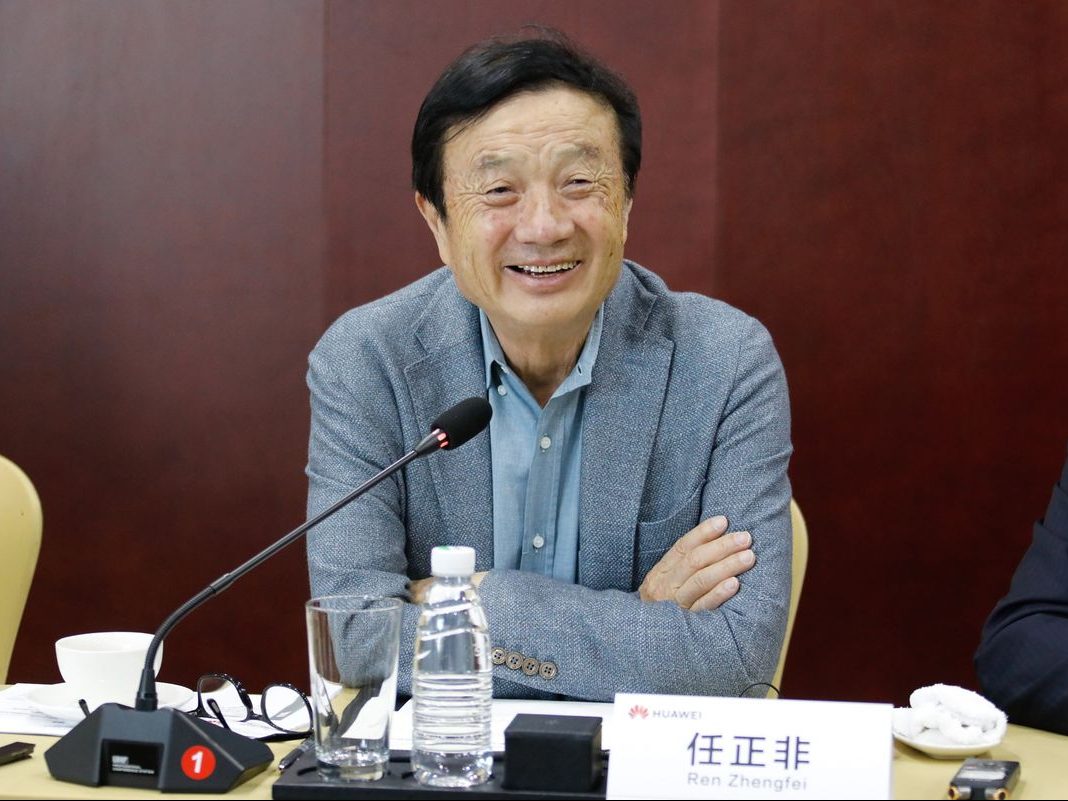
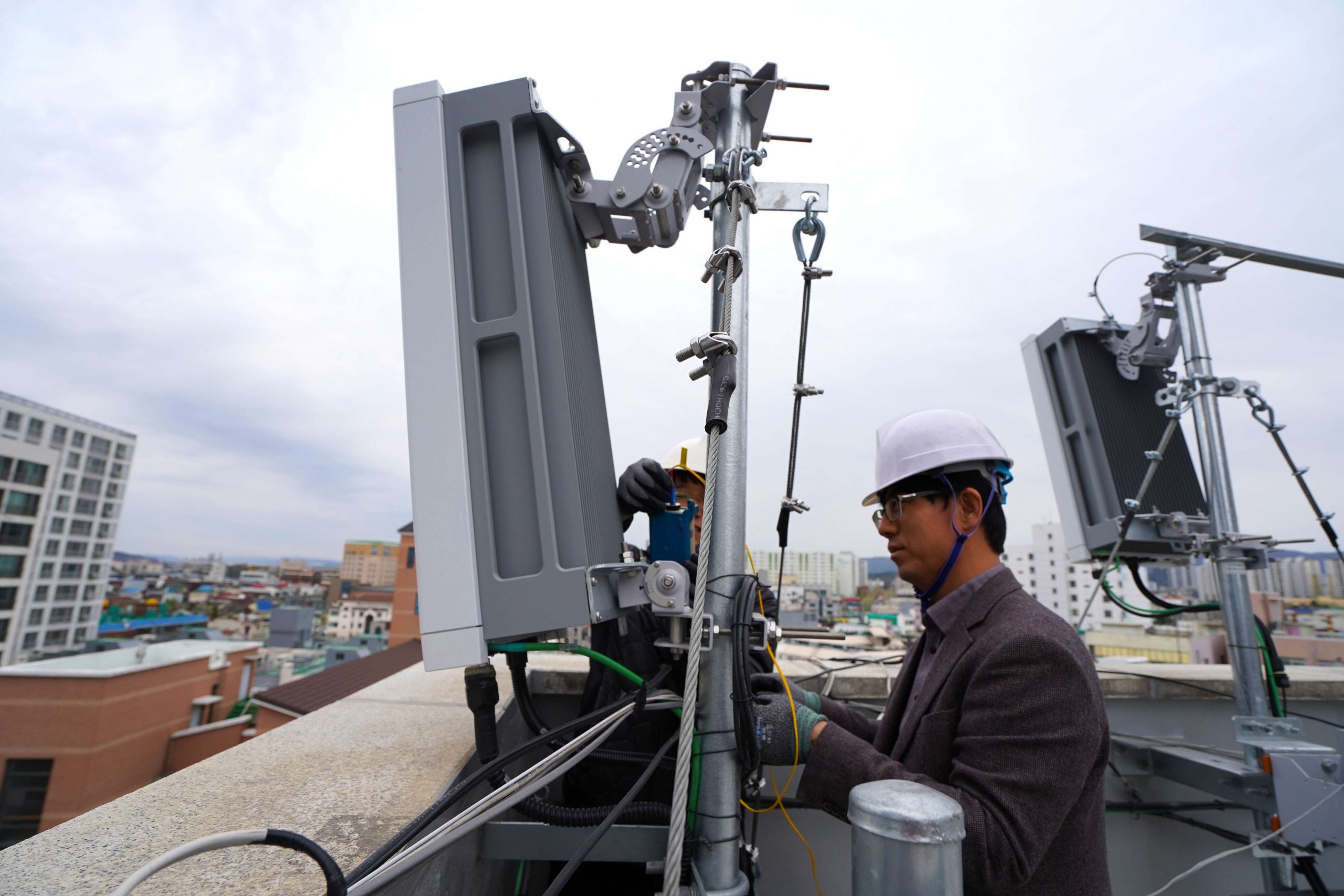
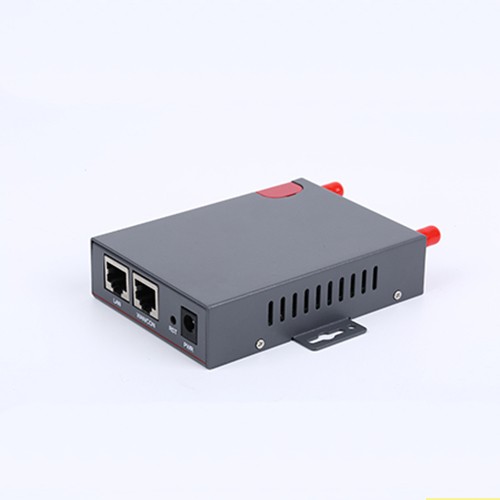
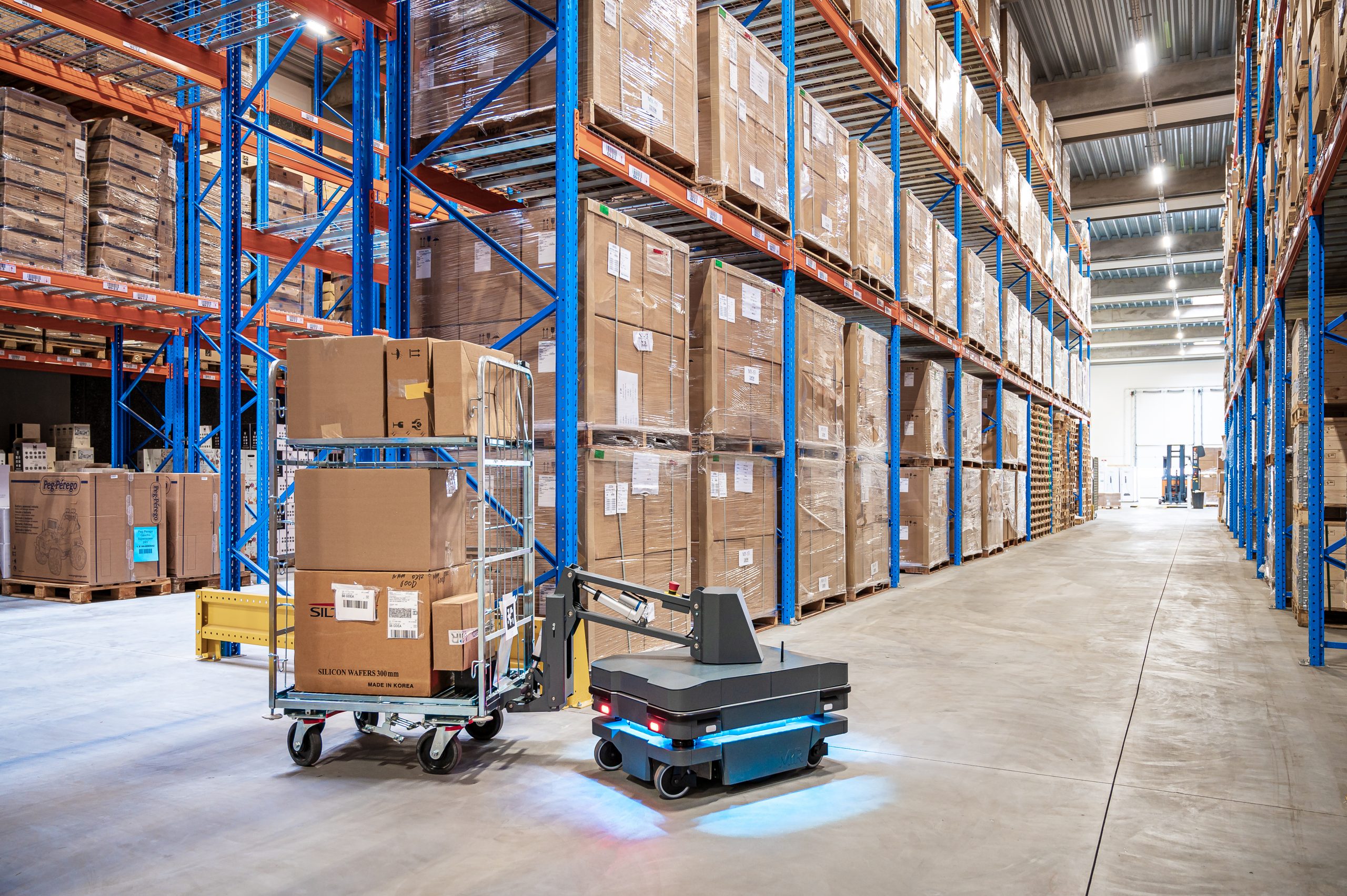

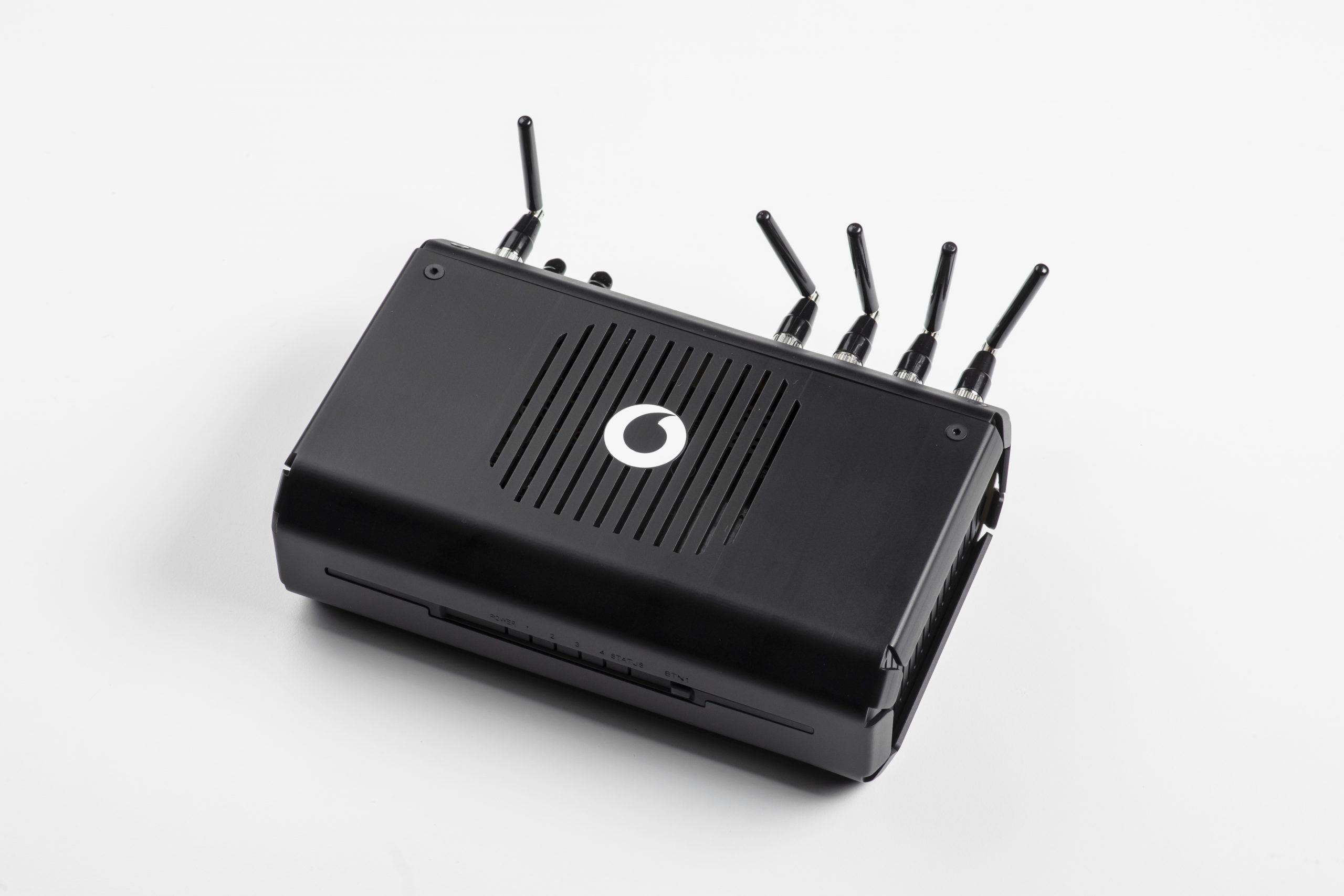
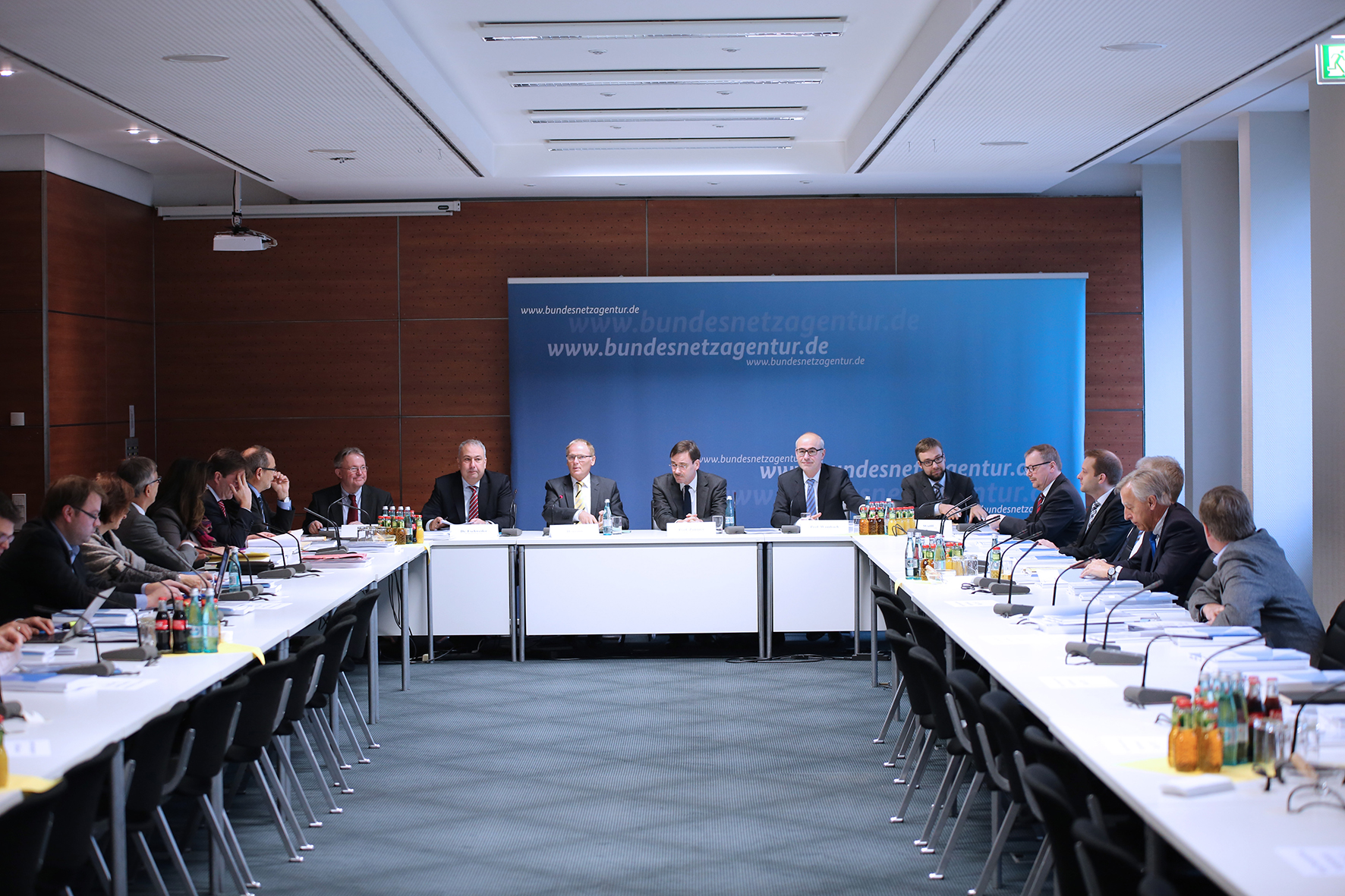

Leave A Comment